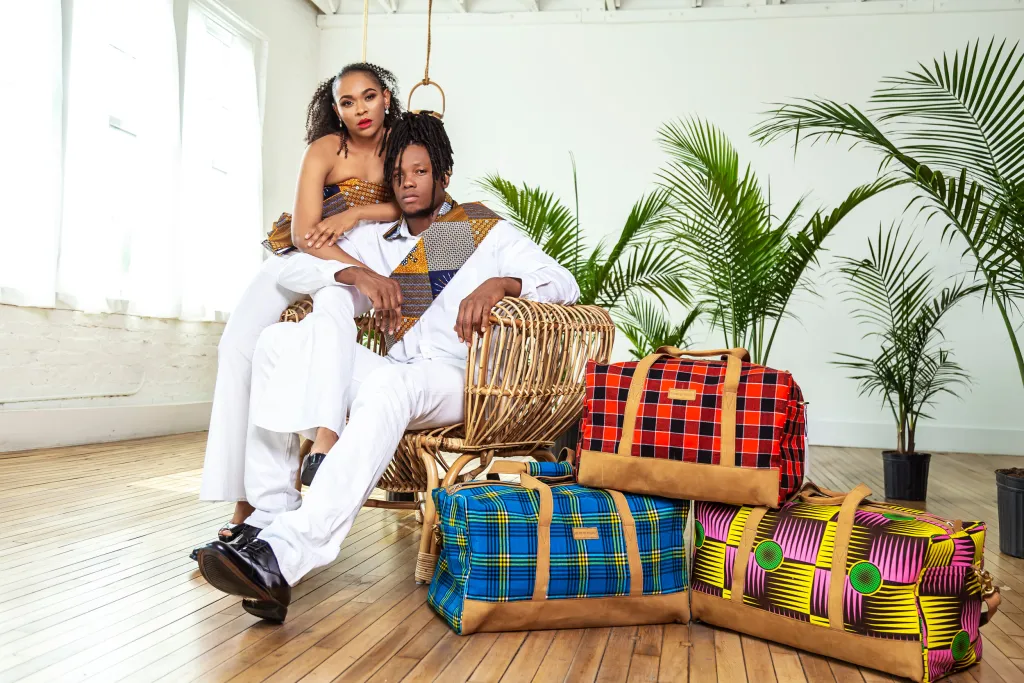Listen to hip-hop in 2017 and hear the darnedest things. There are rappers who rap in only occasional, seemingly random bursts. There are rappers who mainline the aesthetic and vibrating energy of punk. And there are surrealists who stretch out words and melodies like taffy.
The genre is arriving at its Dalí phase, when all the old frameworks — formalist lyricism, soul music DNA, mainstream pop ambition — are melting into something only half-recognizable.
It all makes for a fun-house take on the genre, and its current ringleader is Lil Uzi Vert, who last week released his best album, “Luv Is Rage 2,” on the heels of his breakout hit “XO Tour Llif3,” a bitter and cheeky song about recrimination that’s part punchy rap, part dreamy R&B and part melodic hardcore, which went from a post on SoundCloud to No. 7 on the Billboard Hot 100.
As much as any album — some of Young Thug’s surrealist mixtapes and albums come closest — “Luv Is Rage 2” encapsulates the moment, chaotic and slippery. Lil Uzi Vert is an intensely charismatic and unpredictable presence. One minute he is sweetly singing; the next, bleating; then he is rapping in tightly clustered sneezes. As structures go, he is lackadaisical. He raps and sings with the confidence of someone who knows that generations before him have made the rules, and also played by them, freeing him up to ignore them altogether.
In places, he is something close to a conventional rapper — on “Dark Queen,” about his mother, and “For Real” — but he is just as likely to embody screamo and emo, spiritualized funk or abstract, pointillist pop. When he raps, he’s almost gruff, but when he sings, he’s sweet, whimsical, dreamy.
He is also petulant. Some of Lil Uzi Vert’s most vivid breakthrough moments haven’t been songs, they have been tiny bursts of attitude and sass: his tantalizing string of anti-interviews, including his recent stalemate with Zane Lowe, and gifs that telegraph his carefree energy — a saucy shoulder shimmy at the V.M.A.s, jumping from atop a soundbooth into a raucous crowd of thousands at the Rolling Loud Festival in Miami in May.
Accordingly, his most urgent lyrics are about the depth of his indifference, and on this album, large swaths of which are about the collapse of a relationship (“X”), there is plenty of that. On the sparkly “How to Talk,” he’s breezy and snooty:
Heard she talk to a ballplayer
But you know I keep it all player
And I heard he ain’t a star player
I’m not worried, I’m a heartbreaker
I’m in outer space on Mars faded
Broadly, though, on this album, his songwriting is less specific than ever: He loves fashion, loves Ferraris, loves your girl. To call “Luv Is Rage 2” inconsistent is the sort of critique that this album (and Lil Uzi Vert in general) seems to sneer at — that it can still thrive even at its most casual is its charm.
But inconsistent it is. Few songs here achieve the structural elegance of “XO Tour Llif3”; it’s almost jarring when the Weeknd shows up on the excellent “Unfazed,” a creamy, dirge-like collaboration. The only other collaboration on the album better represents the current moment: “Neon Guts” is produced by and features Pharrell Williams, perhaps the most rigorous presence in hip-hop of the 2000s. But around Lil Uzi Vert, his beats are corroded, his lyrics clipped and tight. He feels the tides changing, and wants to swim.
“Luv Is Rage 2” may be the breakthrough moment for this approach to the genre, but it is also an early-warning system for a coming wave: the generation of rappers who have made SoundCloud their home and petri dish, and who refract their approach to hip-hop through a Warped Tour lens.
But whereas Lil Uzi Vert is impudent and takes hip-hop bluster as a foundation, these artists instead tend toward the self-lacerating. For the last year or so, Lil Peep has been at the vanguard of this movement, blending hip-hop structure and attitude with the moody anguish of third-wave emo.
“Burn me down ’til I’m nothing but memories/I get it girl, I’m not the one,” he sneers on the scarred anthem “Awful Things,” one of several sharply serrated songs on his new album, “Come Over When You’re Sober, Pt. 1.”
Lil Peep’s SoundCloud releases were more skeletal, but on this album, which was released last month, he is seeking a path to pop maximalism, leaning more heavily into guitar rock while still singing like a rapper, delivering unerringly pretty melodies with grunge dissatisfaction. The ingredients are the same as Lil Uzi Vert’s, but the proportions are different.
Where Lil Peep’s manner of emotional excavation is flamboyantly scathed, XXXTentacion’s is simply an open wound. On the intro to his debut album, “17,” he speaks to the listener: “I put my all into this, in hopes that it will help cure or at least numb your depression.”
In an antihero generation, XXXTentacion is one of the most worrisome: He had his breakout moment while in jail, awaiting trial on charges including aggravated battery of his pregnant girlfriend. His ascent in the 11 months since his arrest has been rapid and controversial. He has received public support from Kendrick Lamar, but has also inspired an ongoing online debate about whether someone accused of such crimes should be afforded a career in music. (“17” is predicted to make its debut in the Top 5 of the Billboard album chart next week, under Lil Uzi Vert, whose album is predicted to be No. 1.)
Taking his anguish, and how he is publicly perceived, as starting points, XXXtentacion is jarringly raw on “17,” which emphasizes spare folk-minded indie rock over hip-hop. (He still raps in places, like on “Everybody Dies in Their Nightmares,” though with nothing like the spasmodic bark he displayed on his breakout single “Look at Me!”)
The mood here is unrelentingly dark, from “Jocelyn Flores,” inspired by a romantic partner who took her own life, to “Carry On,” which seethes with resentment at his circumstances and those he blames — not himself — for placing him there.
XXXTentacion has a way of expressing vulnerability while still lashing out. And avoiding straightforward hip-hop — as he did on several of his other early songs — here feels like a strategy, a way of re-crafting his image from the wicked to the wounded. The result is that he may become the first true rap star to barely bother with rap at all. ()









